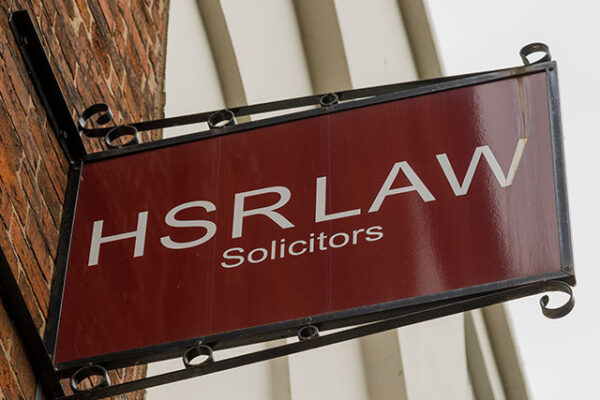What is adverse possession?
Adverse possession means the occupation of land by someone who does not hold legal title to the land, without the permission of the person(s) who do. If such occupation continues for a long enough period of time, it is possible for them to gain possessory title. There are two different approaches to seeking possession dependant upon how long the person has been in possession.
For registered land or unregistered land, if possession can be proven for a minimum of 12 years prior to October 2003, the person in possession can claim the legal proprietor has been automatically dispossessed of title to the land and apply to the Land Registry to become the registered proprietor.
If possession of registered land cannot be proven for such a long period, but can be evidenced for a minimum period of 10 years post (or including) October 2003 then an application can also be made for adverse possession under Land Registration Act 2002.
Factual Possession
In either event evidence must be provided as to factual possession and the intention to possess. The person who claims possession will need to prove that they have been dealing with the land as if they owned it, to the exclusion of anyone else, for the entirety of the period mentioned above. A good example of this would be fencing the land off, although this is not, in itself, conclusive.
The intention to possess
The intention is extremely important. There must be an intention to possess, not just to own or even to acquire ownership. An intention to possess is often construed from a person’s actions during the course of their possession of the land.
Possession without the owner’s consent
A person wishing to acquire adverse possession of a piece of land must possess the land without the owners’ consent. A person cannot acquire adverse possession if they occupy the land under a lease or a licence. The existence of an agreement to use the land will present a good defence to any claim.
Adverse possession is often a difficult claim to bring and therefore it is recommended that legal advice is sought prior to making an application. The above information acts as a guide only. Advice will need to be considered in line with your individual situation.
When can you claim adverse possession?
We are sometimes approached by people who want to claim adverse possession of a piece of land, having maintained it for 12 continuous years, under the impression that they have an automatic right to do so.
A blog by Katie Williams
Have you ever wanted to just ask a lawyer if they can help you, without worrying about what it may cost to contact them? If so, call HSR Law Solicitors and together we can work out what your next steps might be… in confidence, at no cost and with no obligation. Complete our simple form with your name and contact number and we will call you back to discuss how we can help.
Alternatively, contact Katie Williams, or Richard Allwood directly: our Dispute Resolution specialists.
Your Adverse Possession Team
Our Latest News
- Am I Eligible for the Right to Buy Scheme? Key Rules ExplainedThe Right to Buy scheme helps council tenants purchase their homes at a discount, but not everyone qualifies. In this guide Amy Fields, Partner and Head of Residential Conveyancing explains who can apply, how discounts are calculated, and how our team can support you through the process from start to completion.
- Should I Replace an Enduring Power of Attorney with a Lasting Power of Attorney?If you created an Enduring Power of Attorney (EPA) before October 2007, it remains legally valid and does not need replacing. However, many people now choose to make a Lasting Power of Attorney (LPA) for added flexibility, including health and welfare decisions. Our specialist solicitors can advise on whether an LPA is right for you and guide you through the full creation and registration process.
- Lasting Powers of Attorney Certificate Provider – What you need to knowA Lasting Power of Attorney must include a certificate signed by an independent person confirming the donor understands and agrees freely to the LPA. Choosing the right certificate provider is essential to avoid rejection or delay. HSR Law can guide and act as your certificate provider.
- Graham Bembridge retires after more than 50 years in the Legal ProfessionGraham is taking his well-earned retirement from the firm after 50+ years in the Legal Profession in Gainsborough.
- Protecting your Estate against future care costs – “Can I transfer my property to my children to avoid paying care fees?”A question we often get asked is whether clients are able to gift their assets away to their children to avoid this asset being taken into consideration if they required residential care.
- Share Rights & Classes: What your investment really says about you!If you are dealing with specific situations regarding share classes or rights, it’s often advisable to seek legal advice to ensure the Articles of Association accurately reflect the desired governance structure.










